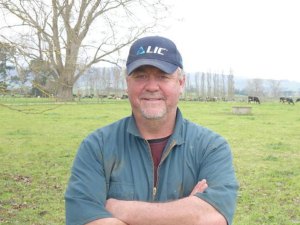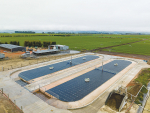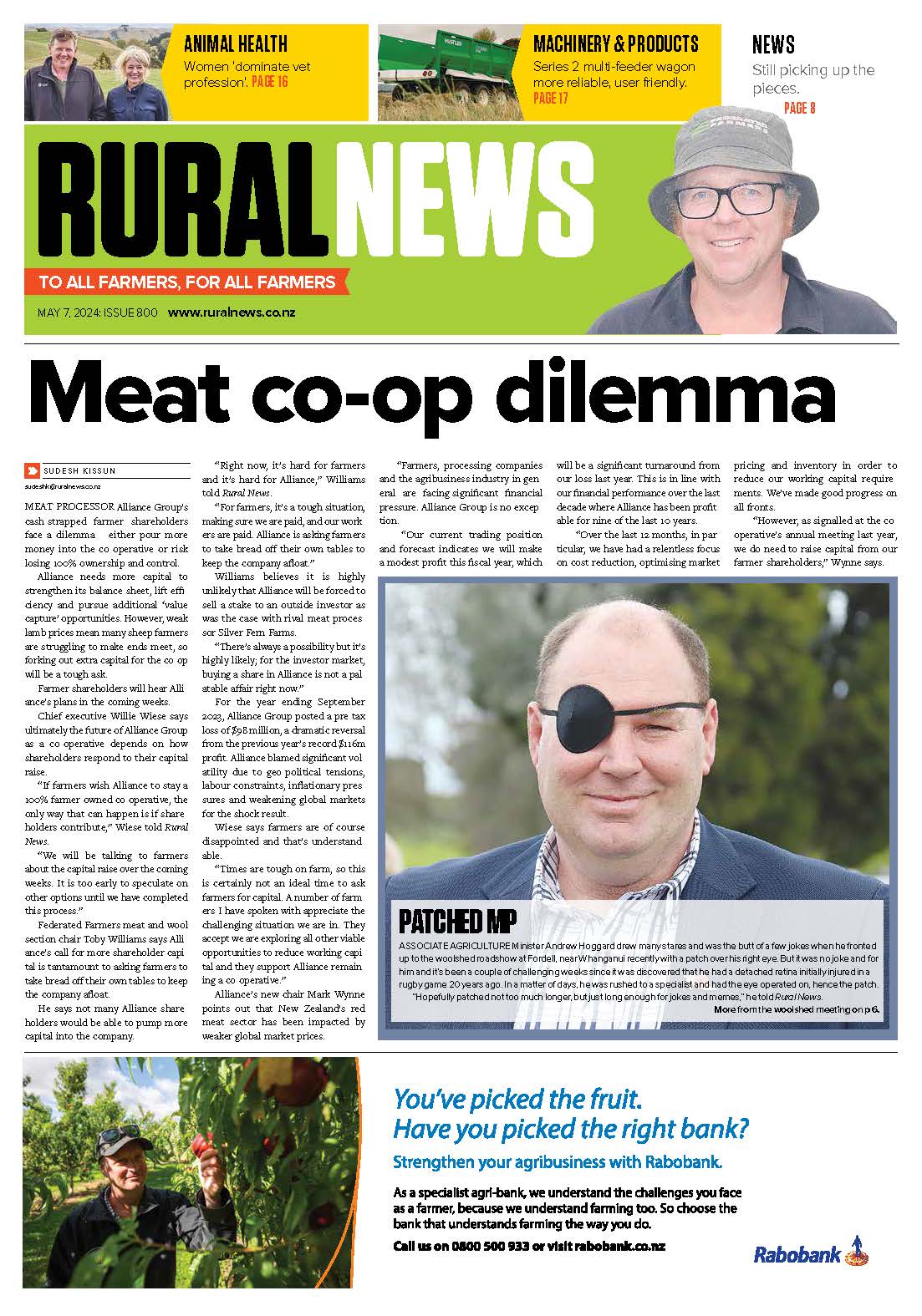Environment Minister David Parker spoke about RMA reform last week at the Environment Defence Society (EDS) conference in Auckland. Here's an excerpt from his speech...
I want to turn to the Spatial Planning Bill (SP Bill) and Natural and Built Environment Bill (NBE Bill) and the development of the National Planning Framework (NPF).
The resource management reforms are on track.
There is broad support for them.
There is overwhelming support for reducing the number of RMA plans from over 100 to 15, which will be more consistend and of better quality. This necessitates regional planning committees. These allow council and other groups in each region to pool resources, with provisions embedded to ensure that voices are heard.
Fewer, better plans will enable better outcomes and cost savings. More powers in respect of permitted activities will also reduce the number of resource consents required.
We intend to pass both Bills before the election. MfE is well resourced to assist the select committee (the Environment Committee) to land the legislation in a good place.
Many years of work preceded the launch of the reforms, including the extensive efforts of EDS with the Property Council, Infrastructure NZ, and the Northern EMA. Others like the Waitangi Tribunal and LGNZ did their own reports. Then we had the recommendations of the Randerson Panel, which consulted widely. Then a select committee inquiry on core provisions. And an efficiency review by independent experts, plus the current select committee process.
It's time to finish the job and drive it through.
Everyone is now working hard to further improve the Bills based on the very detailed and thorough submissions we have received.
We continue to put a lot of time into Part 1 of the NBE Bill and the many submissions received on this.
We remain focused on ensuring a sustainable natural environment is put first, but alongside that an efficient and effective planning and consenting system for development enabled within limits and targets.
The current money wasted on consenting infrastructure is unconscionable and undermines public support for much needed environmental protection. The New Zealand Infrastructure Commission, Te Waihanga is also developing standards for common development activities, to reduce the need for bespoke consent conditions.
The purpose clause works with limits and targets, given expression via the NPF.
The NBE Bill acknowledges that the economy is essential to wellbeing, but that it must operate within clearly established environmental limits and mandatory targets that ensure its sustainability.
Submitters understand that limits and targets are at the heart of the new system, and we have received many helpful submissions to improve these provisions.
Once those limits and targets are met, council and planners are required to look at all the outcomes that communities are seeking to achieve, including those relating to the built environment.
Communities can then set priorities within these limits and targets, and businesses can have confidence that the development they seek will be enabled.
The SP Bill requires long-term spatial planning in each region - a key step in building climate resilience and the right infrastructure in the right place.
The NBE Bill requires the Minister to notify an NPF within six months of the Bill becoming law. The first iteration of the NPF is one of the first steps in transitioning to the new system.


















